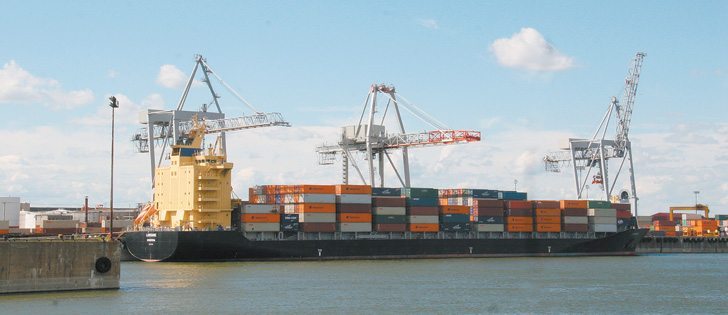It is a pity that most Canadians who care about politics get most of their sense of Parliament from the daily political gong show that is question period.
It means they mainly get the “what did he know and when did he know it” theatrics of the daily gladiator show, important as that is to governmental accountability.
It means they miss sometimes thoughtful and eloquent speeches delivered by MPs who do more than read speaking notes.
It means they mainly miss the often detailed and relatively non-partisan work that goes on in most committees.
Read Also

High prices see cow-calf producers rushing to incorporate
Farm accountants are reporting a steady stream of cow-calf producers rushing to get their operations incorporated ahead of selling their calves this fall.
And it means that they mainly miss one of the gems of Canada’s 41st Parliament — Elizabeth May.
Whether you adhere to her environmental policies or not, she is one of the great additions of the election a year ago this week — smart, hard-working, informed and largely immune to the partisan histrionics that often taint the public view of Parliament.
Officially, May is an independent MP first elected from a British Columbia riding in 2011 after taking down a Conservative cabinet minister. She also created history by being the first Green Party MP elected to the Commons and she has been Green Party leader since 2006.
Getting there was not easy. This former Progressive Conservative environmental adviser and environmental activist ran three times unsuccessfully over three decades before finally snagging a seat.
She has taken to the Commons like a Nova Scotia Duck Toller to water.
As an independent, she rarely gets a spot in question period, but when she does, the questions are pointed, thoughtful and well researched.
With little research staff, she reminded the Conservative government April 30 in the last question of the day that in March 2005 when the Liberals were in power, then-opposition leader Stephen Harper was apoplectic about an environmental rule change being larded into a massive budget implementation bill.
This year, environmental regulations and bills by the dozens are being changed in the 500-page budget implementation bill.
What has changed in Harper’s thinking, she wondered.
It was a great question.
As an independent, May does not get a place on a parliamentary committee, but she often spends hours sitting through committees, taking notes and learning.
Late last year when CWB hearings were stretching into the night, there sat May at the table.
“I won’t get a question but a lot of my supporters on the Prairies care about this so I want to understand it,” she answered when a reporter wondered why she would spend hours at a hearing on legislation not high on the Green Party agenda.
However, as an MP, she has the right to speak in debates, and she shines.
When one of the Conservative free trade bills was before the Commons earlier this year, she delivered a well-reasoned and fact-filled 20-minute speech without a script or a note. It was a performance.
Once upon a time in this town, calling someone a “Parliament Man” was a high compliment, praise of his mastery of the central Canadian democratic institution. John Diefenbaker, Stanley Knowles and Allan MacEachen all were Parliament Men.
Elizabeth May, after just one year here, legitimately can be called a Parliament Woman whose mastery of the place is a joy to watch.














